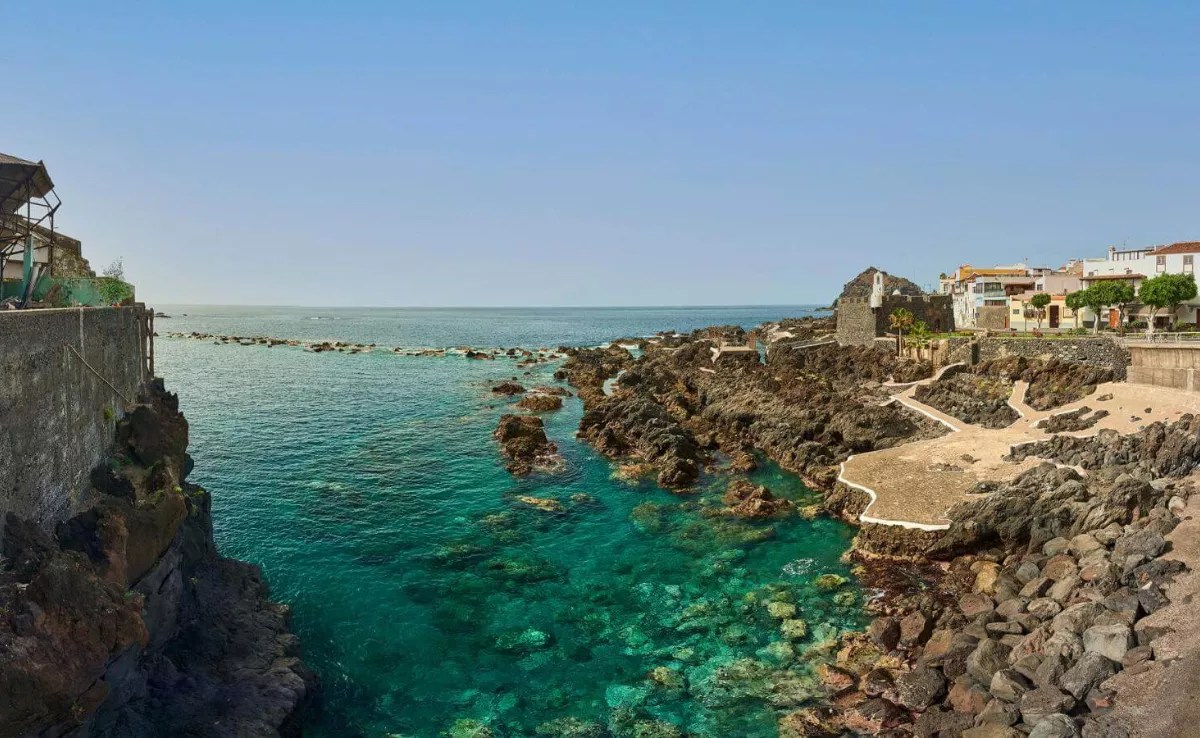The local potato del país continues to suffer from a deep wound, with no reliable solutions satisfactory to local producers, at least at present. With just a few days left in September, a significant portion of the mid-season crop, harvested primarily in the dry highlands of northern Tenerife during June and July, remains unsold and stored. The outlook is grim if one considers the possibility of waiting for wholesale transactions at around one euro per kilo, a threshold deemed remunerative by the Ministry of Agriculture of the Government of the Canary Islands.
Currently, there is little progress, as the average wholesale selling price for white varieties stands at 0.60 euros per kilo (as observed in the central markets of Tenerife and Gran Canaria), which is between 20 and 35 cents below production costs, fitting into a range (0.80-0.95 euros per kilo) depending on growing areas and certain factors affecting this agricultural activity. The crop is insufficient to cover expenses, not even when considering the aid provided through the Posei programme, leading to the abandonment of land, which remains an ongoing issue in the islands.
The current reality is characterised by a grim countenance, as expressed by local potato farmers based in north Tenerife. This is justified by the fact that this is the main harvest of the year (which should provide the primary source of income) and, although it was not entirely poor, there remains a stock of del país potatoes unsold. It is becoming increasingly complex to enter the market at reasonable, remunerative prices, around one euro per kilo, while the unsold stock in just the northern area of Tenerife reaches one million kilos.
It is as if 45 shipping containers full of white del país potatoes—ready for frying, cooking, and steaming—remain unsold. They sit idle, unwanted, or perhaps only desirable at the right price.
Indeed, one million kilos, while some of the major retail chains present in the Canaries are filled with British potatoes and even produce from Egypt and Israel. These tubers are brought in by local operators (who must pay the AIEM), many of whom also provide supplies to local farmers, such as seed potatoes (imported with aid from the Specific Supply Regime -REA-).
Demand for local produce is severely curtailed, with low prices for local produce. Once again, the blame lies with competition from imported products, particularly the influx of new potatoes from the United Kingdom, a trend that has become commonplace, alongside existing stocks in the Canaries from tubers labelled from Egypt and Israel.
The arrival of Israeli potatoes in the islands, a regular occurrence in recent years, has faced strong opposition from social groups in the Canaries, primarily due to the genocidal destruction perpetrated by the government of that country and its military in Gaza.
It should be noted that, as indicated by potato producers in Los Realejos, one of the main growing areas with summer harvests (rainfed), the current situation for this agricultural product is worsening. The low prices they receive for their produce compound the increasing costs of storage, especially if refrigeration is involved.
Another key crop is fading
According to statistics from Istac, sourced from the Government of the Canary Islands, in 2023 local potato production reached 78,304 tonnes (almost 80 million kilos), with a cultivated area of 6,710 hectares, and a downward trend. Over ten years, from 2013 to 2023, the most recent data indicates that cultivated land has diminished by nearly 40%, and harvested production has dropped by 25%, with imports gradually dominating the island market.
As for imports, the islands received 64 million kilos from outside Spain in that same year, while in 2024 this number fell to 61 million, with a total value of 39 million euros. The United Kingdom remains the principal supplier, accounting for nearly two-thirds of the total volume of imported potatoes, followed by Egypt, with further contributions from Israel and even Cyprus.
In the last year, specifically in 2024, Canary producers received between 0.7 and 1.3 euros per kilo at origin, the revenue obtained from selling their harvest, while the average selling price on the market fluctuated between 2.3 and 3.1 euros, as published by Istac.
The disparity between what the local producer receives and the final retail price of their potatoes can be up to three times the agricultural income at first transaction.
















